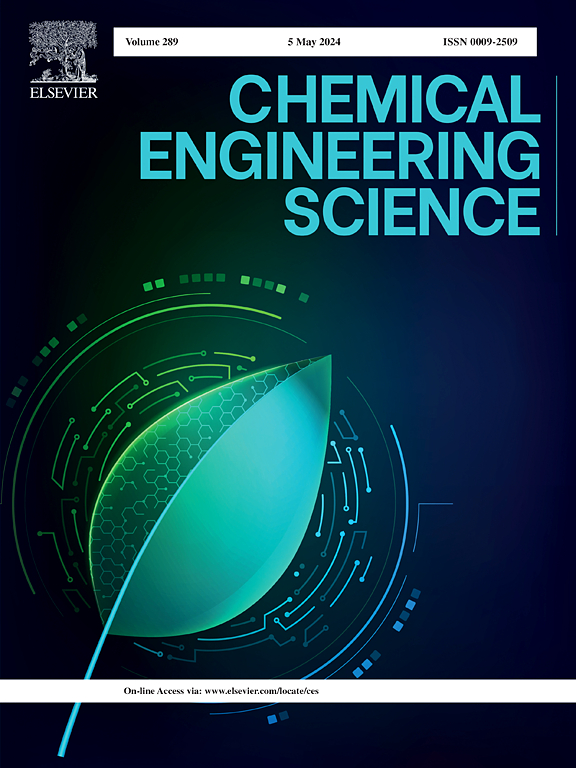A mPOD-based Reduced-order Modelling Approach for Fast Gas-solid Flow Simulations
IF 4.1
2区 工程技术
Q2 ENGINEERING, CHEMICAL
引用次数: 0
Abstract
Gas-solid flow systems are widely practised in chemical engineering and known for their multi-scale and intricate complexity, and thus their simulations are usually time-consuming and computationally demanding. To address this long-standing challenge, a novel non-intrusive reduced-order modelling (ROM) approach for gas-solid flow simulations is introduced and applied to a fluidised bed for demonstration. For the first time, a multi-scale proper orthogonal decomposition (mPOD) is applied to decompose the gas-solid data into a set of spatial and temporal bases that are spectrally cleaner and energetically more relevant than those produced by other decomposition methods. To tackle the complexities of high-dimensional data and long-term dependencies encountered in prior approaches, a hybrid deep learning framework, i.e., the transformer encoder–long short-term memory decoder model, is employed for the ROM prediction. The proposed method demonstrates excellent performance in balancing accuracy and efficiency for capturing the complex dynamics of gas-solid flows. The mean absolute percentage error between the proposed ROM and full-order model is as small as 10% in this fluidised bed case, demonstrating high accuracy. Additionally, it achieves a 1000-fold speedup in efficiency, providing a cost-effective tool for practical applications in real-time monitoring and control of gas-solid systems.求助全文
约1分钟内获得全文
求助全文
来源期刊

Chemical Engineering Science
工程技术-工程:化工
CiteScore
7.50
自引率
8.50%
发文量
1025
审稿时长
50 days
期刊介绍:
Chemical engineering enables the transformation of natural resources and energy into useful products for society. It draws on and applies natural sciences, mathematics and economics, and has developed fundamental engineering science that underpins the discipline.
Chemical Engineering Science (CES) has been publishing papers on the fundamentals of chemical engineering since 1951. CES is the platform where the most significant advances in the discipline have ever since been published. Chemical Engineering Science has accompanied and sustained chemical engineering through its development into the vibrant and broad scientific discipline it is today.
 求助内容:
求助内容: 应助结果提醒方式:
应助结果提醒方式:


